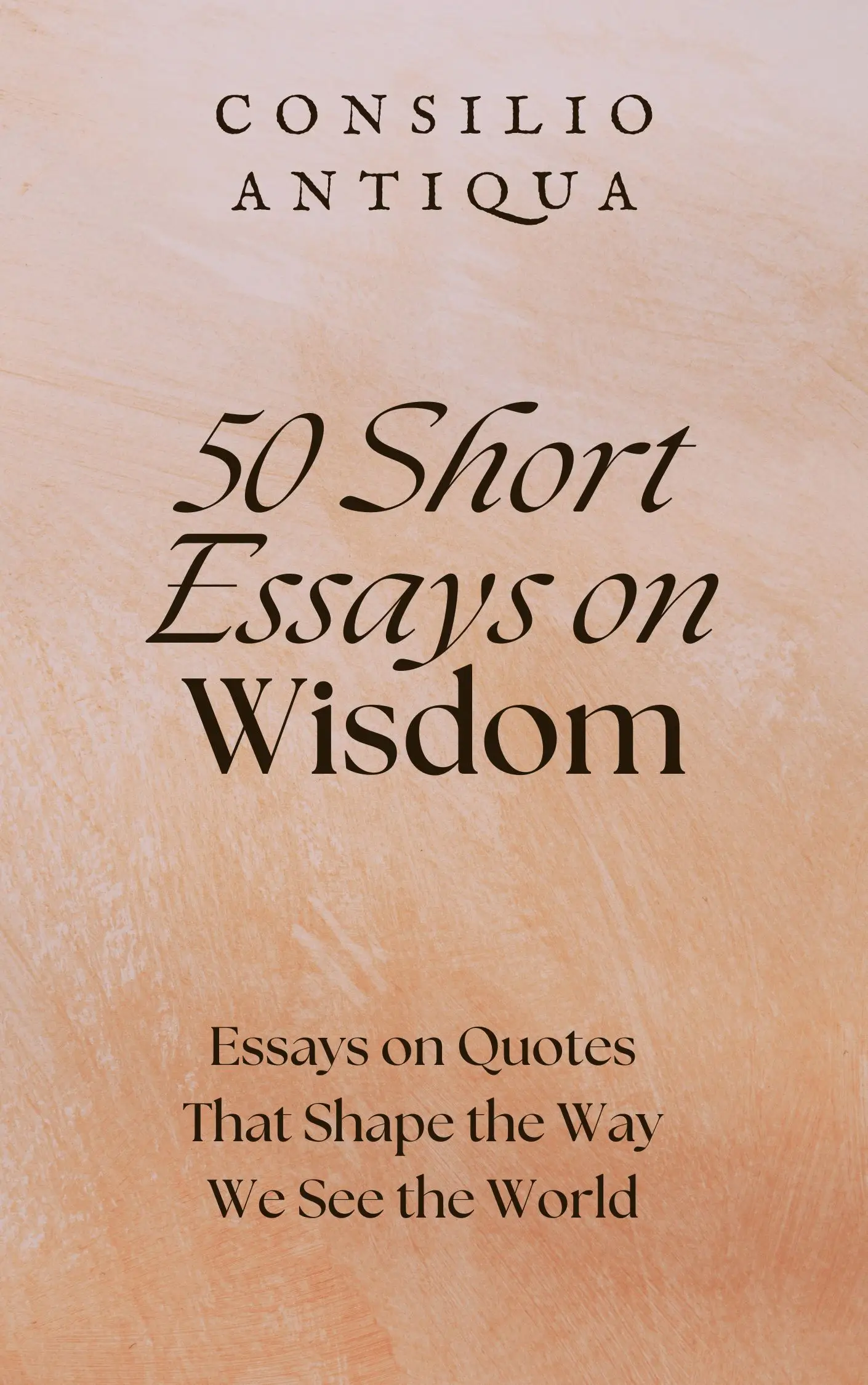
50 Short Essays on Wisdom | The Unburdening
The Unburdening
“Forgive them, for they know not what they do.” – Jesus Christ, Luke 23:34
The weight of unforgiveness settles like a shroud, a suffocating cloak woven from resentment, anger, and the bitter threads of past hurts. It chills the heart, clouds the mind, and casts a long shadow over the present. But what if the path to liberation lay not in clinging to this weight, but in releasing it? This essay explores the profound wisdom embedded in Christ's plea for forgiveness, examining its historical context and its enduring relevance in navigating the complexities of the modern world.
The words, uttered from the cross, resonate with a poignant simplicity. Their origin lies within the Gospel of Luke, a narrative steeped in the drama of betrayal, suffering, and ultimate sacrifice. In this context, the words are not a simple dismissal of wrongdoing, but a profound act of compassion, a testament to the transformative power of empathy even in the face of unimaginable pain. Throughout Christian history, the interpretation of this passage has varied, sometimes emphasizing divine mercy, other times focusing on the importance of personal reconciliation. However, the core message remains consistent: forgiveness, while challenging, is a path to inner peace. Similar sentiments echo in other spiritual traditions, from Buddhist concepts of metta (loving-kindness) to the Islamic emphasis on seeking forgiveness from God and fellow humans.
The core wisdom of "Forgive them, for they know not what they do" lies not simply in excusing harmful actions, but in understanding the limitations of human understanding. It acknowledges the often-unseen forces that shape our choices – ignorance, fear, pain, and the complex interplay of circumstance. Forgiveness, in this sense, is not condoning the action, but releasing the grip of resentment that binds the forgiver. It's a process of letting go, of freeing oneself from the emotional prison of anger and bitterness. This is not a passive act; it requires active engagement, self-reflection, and a willingness to confront the emotional wounds that fuel our desire for retribution. Its enduring power stems from its ability to address the very human need for healing and restoration, a need that transcends time and culture.
In our contemporary world, the call for forgiveness takes on new dimensions. It is not only relevant in personal relationships, where misunderstandings and hurt feelings are inevitable, but also in the larger context of societal injustices and historical trauma. The ongoing struggle for racial equality, the legacy of colonialism, and the pervasive effects of violence all demand a reckoning with the past, a process that necessitates both accountability and forgiveness. Restorative justice initiatives, for example, offer a powerful model for achieving reconciliation by facilitating dialogue and understanding between victims and perpetrators. However, the path to forgiveness is often fraught with challenges. It requires courage, empathy, and a willingness to confront difficult truths. It is not a quick fix, but a journey that demands patience, self-compassion, and a commitment to healing.
I recall a conversation with an elderly woman who had survived the Rwandan genocide. Her quiet strength, her capacity for forgiveness despite the unspeakable horrors she had endured, was a profound testament to the transformative power of this ancient wisdom. Her story, like countless others, reminds us that forgiveness is not about forgetting, but about choosing to release the burden of hatred and resentment. What experiences have shaped your own understanding of forgiveness? How might you apply this wisdom to navigate conflicts in your personal life or within your community? What are the potential benefits of choosing forgiveness, not just for others, but for yourself?
Ultimately, "Forgive them, for they know not what they do" is not a passive acceptance of wrongdoing, but an active choice towards liberation. It is a call to empathy, understanding, and the transformative power of releasing the burdens of the past, paving the way for healing, both personal and collective. The quiet strength found in forgiveness offers a path toward a more compassionate and just world, one where the weight of unforgiveness is replaced by the lightness of understanding and the enduring power of peace.
